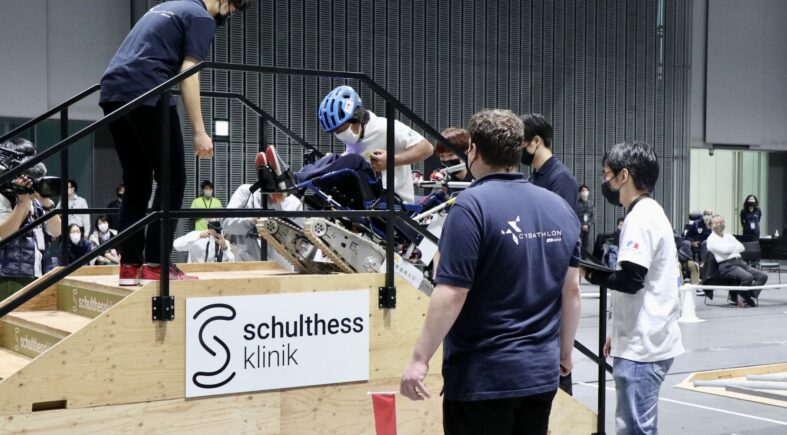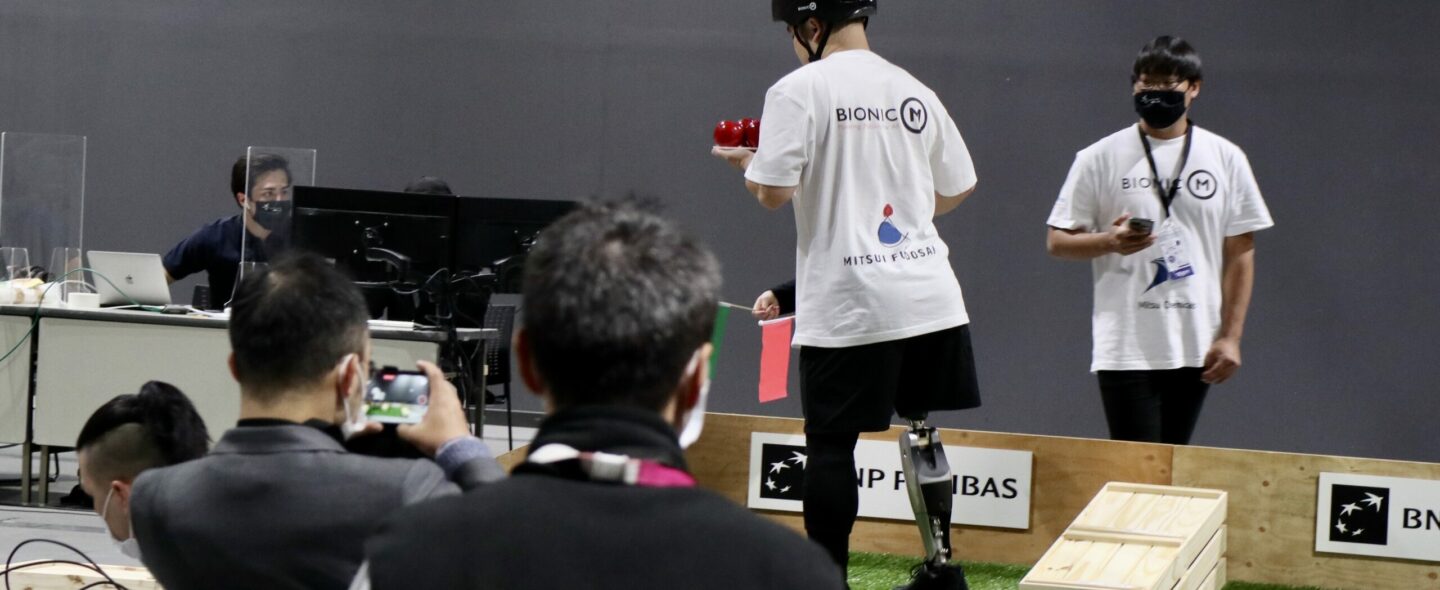
The challenge was paramount for the second edition of this ETH Zurich initiative. Many teams had to halt development and practice due to their campuses being shut down amidst the coronavirus disease 2019 (COVID-19) pandemic. The competition itself, originally scheduled to be hosted in Switzerland, had to be postponed from May to September and then to be transformed into an online version, where each team competes at their location and transmits their video real-time, in November.
Finally, as the infection rate jumped in Europe in the last month heading into the big day, the races had to be pre-recorded instead of taking place one after the other. However, only the organizers who supervised all the recordings knew the race results, so viewers around the world could enjoy the thrill of the competition that was streamlined live with comments from experts and the teams.
In the end, 50 teams, or about 20 teams less than initially registered, from 20 countries, instead of 23, joined the race. The innovative championship successfully fulfilled its mission to promote social inclusion and the advancement of technologies, inspiring the global audience with Swiss creativity even during difficult times.
The Tokyo Hub of CYBATHLON 2020 was enabled through an industry-academia-government collaboration. In addition to the support provided by the Swiss side, the Japan Science and Technology Agency (JST) and National Museum of Emerging Science and Innovation Miraikan offered the venue as part of its annual science communication project Science Agora. The Swiss Chamber of Commerce and Industry in Japan (SCCIJ) stepped up as platinum sponsor in solidarity of sustainable development goals (SDGs) including Good Health and Well-being, Industry, Innovation and Infrastructure and Reduced Inequality as annoted by JST. The action reflected the awareness of SCCIJ members that such values and innovation are important, even if the current situation may not allow them to act individually in support of such causes.
The two other participating teams at the Tokyo Hub were OECU & R-Techs from the Osaka Electro Communication University and C.I.T. from Chiba Institute of Technology, both of which competed in the powered wheelchair discipline, where Switzerland’s team HSR Enhanced from the Eastern Switzerland University of Applied Sciences (OST) in Rapperswil took 1st prize. Team Caterwil from Novosibirsk, Russia came in 2nd place followed by Fortississimo and RT-Movers.
Fortississimo, C.I.T. and BionicM also offered demonstrations to the public on the weekend following the international competition which took place on November 13 and 14. On Sunday the 15th, a talk show was organized by Miraikan together with Dr. Hiroaki Hobara of the National Research Institute of Advanced Industrial Science and Technology (AIST) and a Paralympian, Mr. Keita Tezuka. Prof. Genya Ishigami of Keio University and former Paralympian, Mr. Hiroshi Nojima who competed on the powered wheelchair for team Fortississimo also presented on stage. The partially real, partially online event was effective in spreading the ideals of the CYBATHLON to a broader Japanese audience
